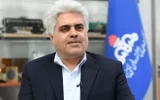
The CEO of the National Petroleum Products Distribution Company announced that the Nowruz gasoline quota will not be allocated and announced that he has made the necessary arrangements to provide the fuel needed by compatriots during the Nowruz holidays.
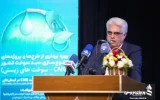
The CEO of the National Petroleum Products Distribution Company predicted that, given the growing trend of gasoline consumption, the average daily gasoline consumption will reach about 133 million liters during the Nowruz holidays.

The CEO of the Petroleum Products Refining and Distribution Company said: "During the 14th government, 10 million liters were added to the country's quality gasoline production, and oil and gas production also reached 124 million liters in December and January, which has increased by 13 million liters."

The CEO of Tehran Oil Refining Company announced: By adhering to quality standards, more than one million liters of gasoline were added to the company's motor gasoline production portfolio daily.
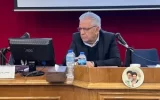
Kazemi, former CEO of the National Petroleum Products Refining and Distribution Company, said: "Low-income groups in society consume more gasoline than high-income groups because their work and jobs require gasoline due to their economic conditions."
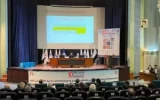
According to the experts present on this expert panel, if the situation continues as it is, we will need to import 50 million liters of gasoline in the next three to four years, and this amount may reach 100 million liters in the next 10 years.
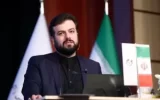
Not long ago, Iranian methanol producers raised the issue of producing gasoline from methanol.
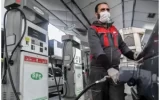
The director of the National Petroleum Products Distribution Company in Tehran said: The average daily consumption of gasoline in Tehran is 22 million liters.
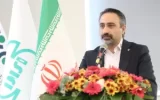
An energy expert said: "The energy imbalance in the country is increasing every year, such that gasoline consumption has increased by 50 percent in five years, and a similar situation exists in other energy carriers. It seems that in these circumstances, an energy ministry should be established."
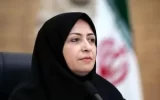
The head of the Environmental Protection Agency pointed out the role of substandard gasoline in air pollution and said: "Some of the gasoline consumed by mobile sources, including cars, does not comply with the national standards approved by the National Standards Organization."










